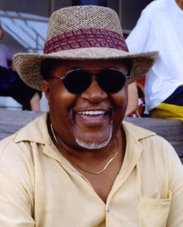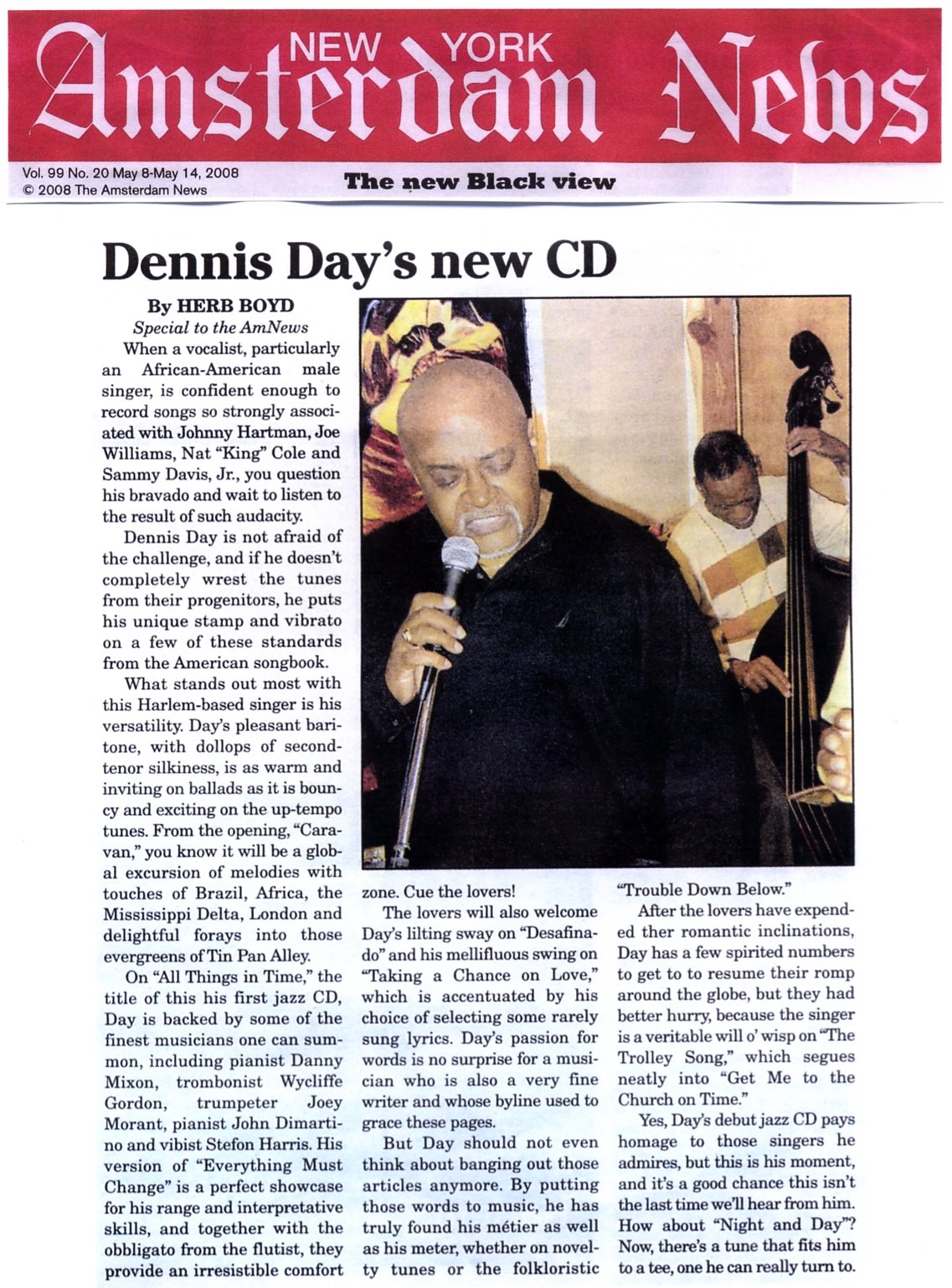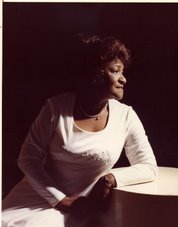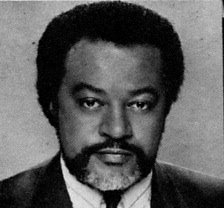On October 6, 1871 the Jubilee choral tradition was born with the initial tour of the Fisk University Jubilee Singers. The group’s national tours and international celebrity helped save the financially strapped college and amassed funds to build the first permanent educational structure and symbol of Black higher education in the south, Jubilee Hall. Jubilee Hall is now a national landmark.
In 1872 the Fisk Jubilees were invited to sing at the World Peace Jubilee Festival in Boston with the largest choral group and orchestra ever assembled. Amidst the huge throng of performers, it is said that the singers found difficulty hearing and following the conductor in Boston's mammoth coliseum. The massive combined choirs began to loose their pitch and direction. But not the Fisk Jubilee Singers. Their musical acumen, perfect pitch, and crisp diction shone through like a beacon sufficiently anchoring the colossal musical production and thus saving a performance that may have been otherwise doomed. According to a Boston Globe review at the time, the FJS received a standing ovation. Hamburg hats were flung into the rafters.
During this period the famous Czech composer Antonin Dvorak became interested in African American music. In an 1893 interview in the New York Herald, Dvorak is quoted as saying, "In the Negro melodies of America I discover all that is needed for a great and noble school of music." Many Jubilee groups emerged over the years as well as other excellent HBCU choirs and developed magnificent choral traditions, but many historians concede that the FJS were the originators, cultural trailblazers, and first group to introduce the world to slave songs and traditional Negro spirituals. The group dignified Black musical excellence, arresting an original American art form from racial mockery and vicious stereotypes of minstrelsy.
The FJS often endured Jim Crow segregation and extreme hardships and ridicule in their American tours. But they received universal critical acclaim and artistic acceptance in their European tours, causing some singers to expatriate – a trend that continued among Black artists throughout much of the twentieth century. Diehard supporters like humorist Mark Twain and Brooklyn Reverend Henry Beecher Stowe (brother of Uncle Tom’s Cabin author Harriet Beecher Stowe) repudiated the racist naysayers and encouraged the nation to recognize the grace and beauty of its own indigenous art form.
Since 1871 the FJS have been traveling the world, performing on every continent before royalty, government heads, and adoring concert audiences. Their music and sacrifice offer an example of self-reliance, perseverance, and the power of music as truly a universal language. As the nation approaches the Annual observation of Black History month in February, let us not forget the doors of opportunity that were opened by these courageous and talented young African Americans. They carry on a tradition that continues but is too often under appreciated. (c)D-Day Media Group












No comments:
Post a Comment